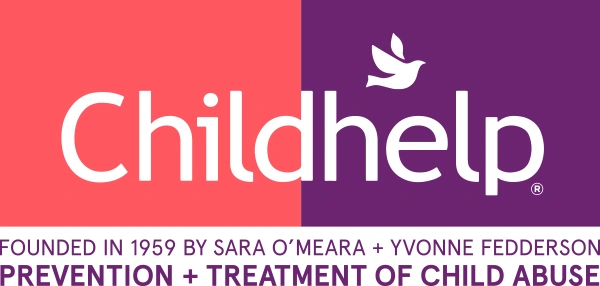What is Shaken Baby Syndrome (SBS)
- SBS is the injury to an infant, toddler or young child resulting from being shaken violently.
- SBS can occur when a child receives as few as three (3) rapid shakes; head impact is not necessary although frequently occurs.
- SBS injuries can include: brain damage, blindness, seizures, speech and learning disorders including mental retardation, cerebral palsy, damage to neck vertebrae and spinal cord resulting in severe motor dysfunction, paralysis and death.
Why does it happen?
- A baby’s head is 15% of its body weight, compared with 2-3% for an adult. A baby’s brain tissue is softer. In addition, the protective tissue that surrounds the brain only begins to form at birth.
- Even when caregivers, well-intentioned parents and babysitters become angry, enraged and lose control, this serious form of child abuse often arises.
- Caregivers may be inadequately prepared for parenting, or may be under such stress that they cannot deal with the frustrations of parenting.
Advice For Stressed Caregivers
Tips for Parents and Caregivers:
Parents and caregivers should prepare themselves to deal with crying babies, frustrated feelings and toddler misbehavior.
If you are feeling stress when you are with your baby, you are not alone.
- SKWAK! Safe Kid, Walk Away If a caretaker gets angry at a child, they need to be sure the baby is safe and then walk away. “Get a grip before you grip.”
- COUNT TO 10 AND CALL A FRIEND Take time to breath, find a support system, or call the 24-hour Childhelp® National Abuse Hotline®
- 1-800-4-A-CHILD (1-800-422-4453) All calls are FREE and CONFIDENTIAL. Our counselors will guide you through this stressful and challenging time.
- There are many free parenting support groups in most communities. Our Hotline can provide referrals.
- Check to see if there is something you can do to relieve the baby’s crying, such as feeding, changing a diaper or relieving physical discomfort.
- Know your caregiver. Leave your baby with someone you trust during stressful times.
- IF BREATHING HAS STOPPED, never rouse a baby by shaking him; rather, pat him/her and call out to him/her. If needed, phone 911 or emergency assistance.
- AVOID SWINGING AND BOUNCING WILDLY.
Remember, no matter how upset you feel, NEVER SHAKE YOUR BABY!
Common Symptoms of Shaken Baby Syndrome:
- Lethargy / decreased muscle tone
- Extreme irritability
- Decreased appetite, poor feeding or vomiting for no apparent reason
- Grab-type bruises on arms or chest
- No smiling or vocalization
- Poor sucking or swallowing
- Rigidity or posturing
- Difficulty breathing
- Seizures
- Head or forehead appears larger than usual or soft-spot on head appears to be bulging
- Inability to lift head
- Inability of eyes to focus or track movement or unequal size of pupils
For more information about Shaken Baby Syndrome, please click here.
